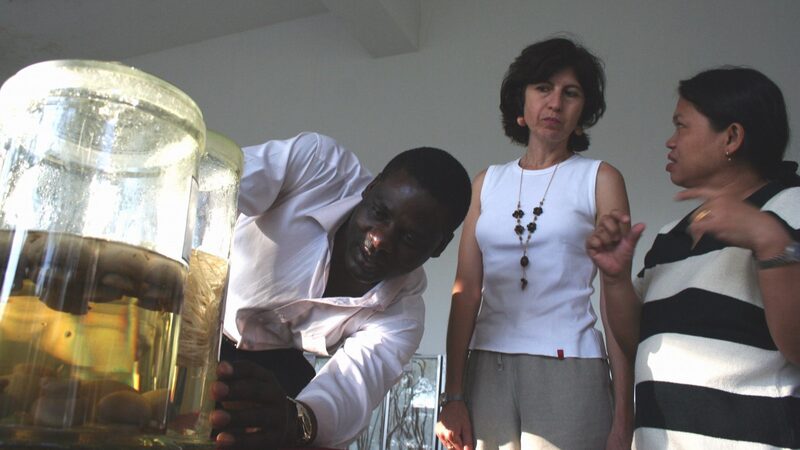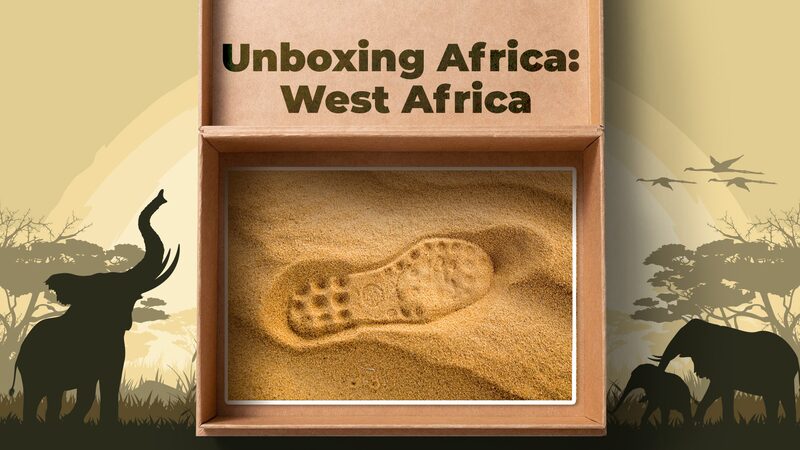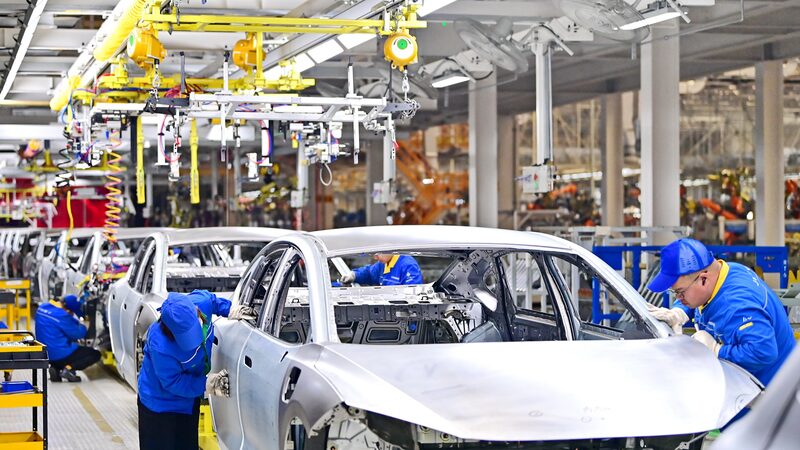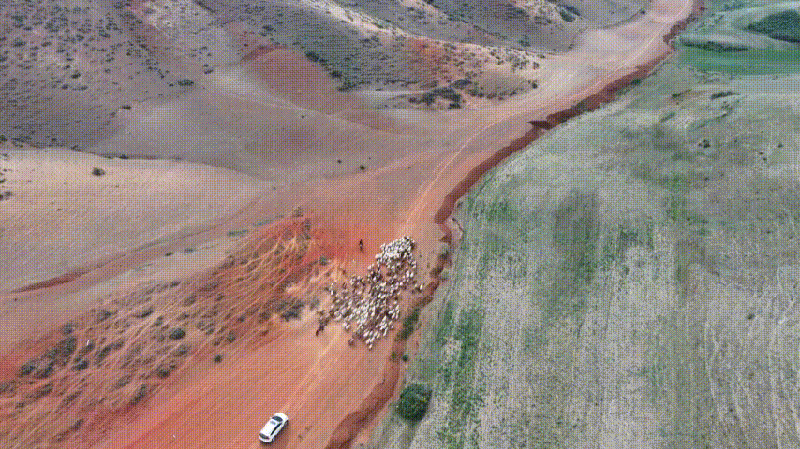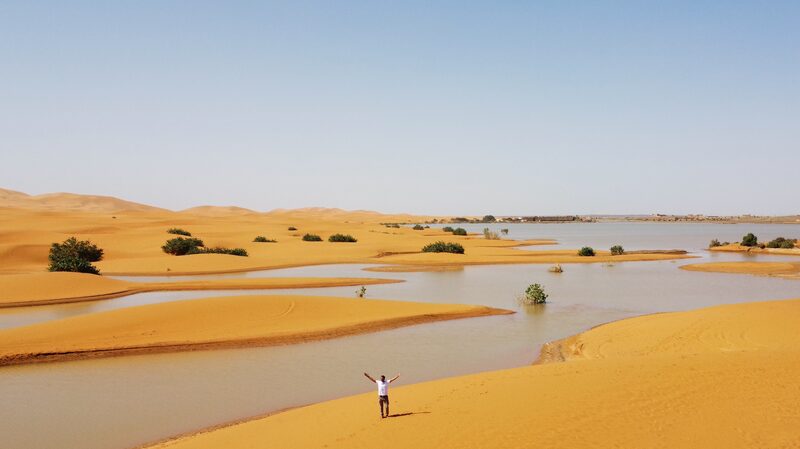Nouakchott, Mauritania — Carrying a suitcase brimming with seedlings, Zhang Hong’en embarked on a journey from northwest China’s Ningxia Hui Autonomous Region to the arid landscapes of Mauritania in West Africa. His mission: to introduce the giant Juncao (Pennisetum giganteum), affectionately known as the “grass of happiness,” to the Sahara’s challenging terrain.
Planted in Mauritanian soil, the magic grass exceeded expectations. In just 50 days, it grew taller than an adult, with each seedling branching into a dozen tillers. After three months, the plants towered at 4 meters, providing an abundant source of fodder for local livestock.
“Growing the grass in Mauritania will surely benefit farmers and herdsmen,” said Zhang, director of the animal husbandry technology demonstration center in Mauritania. “It offers a sustainable solution to feed shortages and can significantly improve livestock productivity.”
The Juncao grass, originally developed by Chinese scientists, is renowned for its resilience and high yield. Its introduction to Mauritania represents a significant stride in agricultural innovation, aiming to combat desertification and enhance food security in the region.
Local farmers are optimistic about the potential impact. “We’ve never seen grass grow so fast and tall,” remarked a herdsman from a nearby village. “This could change how we feed our animals and support our families.”
The success of the Juncao project showcases the potential of international cooperation in addressing global challenges. As the grass takes root in Mauritania, it symbolizes hope for sustainable development and improved livelihoods in West Africa’s desert regions.
Reference(s):
cgtn.com
